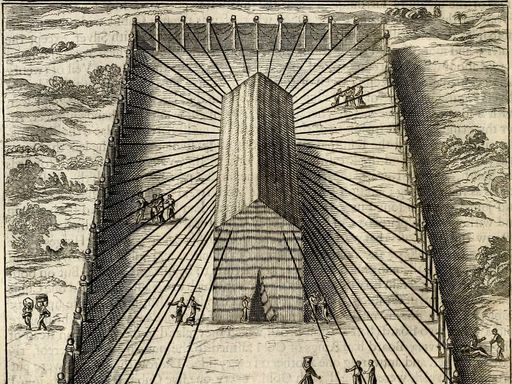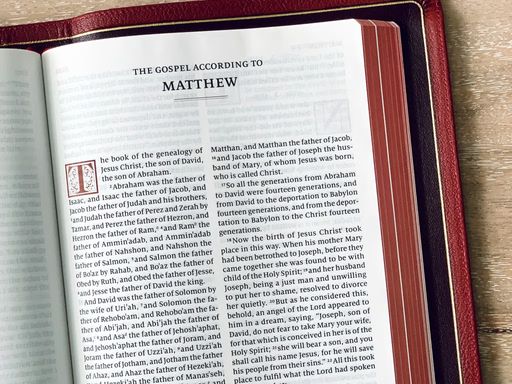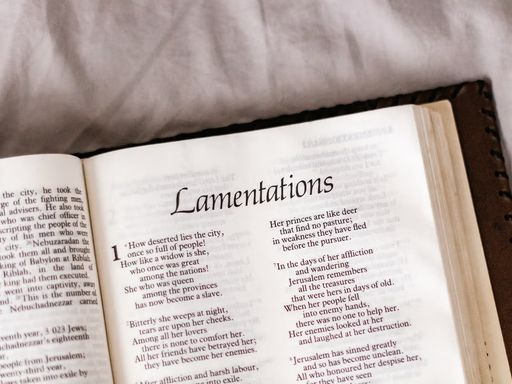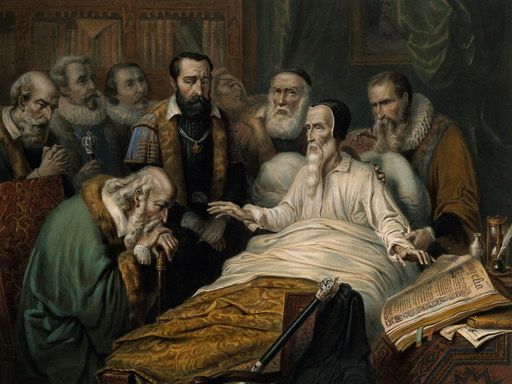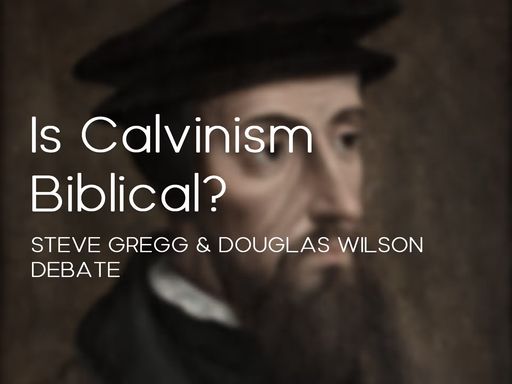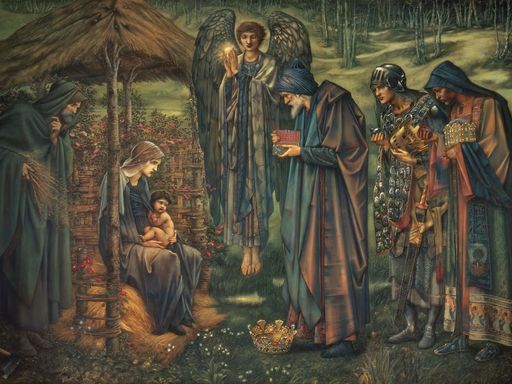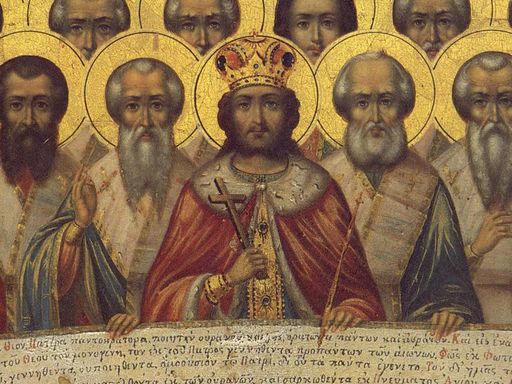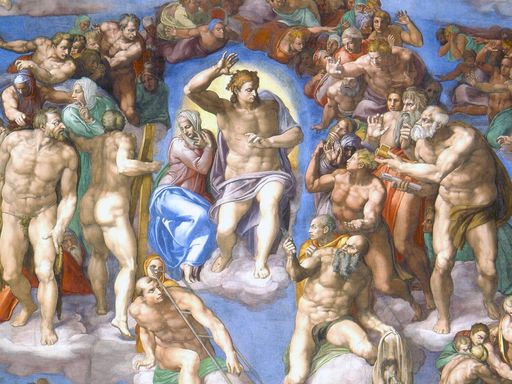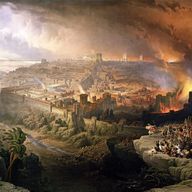
When Shall These Things Be?
Steve Gregg
In this 14-part series, Steve Gregg challenges commonly held beliefs within Evangelical Church on eschatology topics like the rapture, millennium, and the future of the church, urging listeners to closely examine the Bible for alternative interpretations.
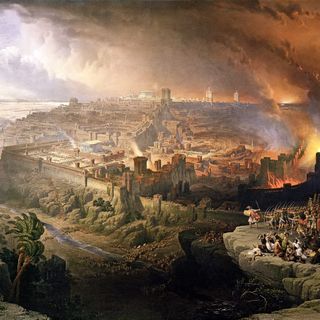
Introduction and Definitions
In this talk, Steve Gregg defines eschatology as the study of final and last things, including the visible and physical second coming of Christ to Earth, the coming judgment by mighty angels, and the changing of the order of the world as we know it. He explains that although different interpretation

Methods of Interpretation
Steve Gregg discusses methods of interpretation of Scripture, specifically the principles of hermeneutics and how they are applied to specific passages in the Bible. He notes that dispensationalism is one way of interpreting Scripture, and dispensationalists believe in a consistent literal interpret

The Millennium as the Fulfillment of Israel's Hope
In this talk by Steve Gregg, he discusses the notion of the Millennium as the fulfillment of Israel's hope. He examines various Old Testament kingdom passages and Christian Bible scholars' identification of Revelation 20 as the thousand-year reign of Christ. He also explores the idea of the remnant

The Millenium in Revelation
In this talk, Steve Gregg analyzes Revelation chapter 20 and the implications of the millennium. He explains that the pre-millennial, post-millennial, and amillennial views all have the second coming of Christ as the end goal in mind. From verses one to three, a thousand-year reign of Christ and the

Revelation 20:4 And The History of Millennial Thinking
In this discussion, Steve Gregg delves into the history of millennial thinking and the translation biases of different versions of Revelation 20:4. He explains that the word "chiliasm" is often used interchangeably with "premillennialism" and that early church fathers such as Polycarp and Justin Mar

When Will The Rapture Be?
In this talk, Steve Gregg discusses the topic of the rapture and when it will occur according to various views. He explains that Christians need not be afraid of death as they will either be caught up alive or resurrected from the dead. The different views on the tribulation period and God's wrath a

The Pretrib Rapture Defended
In this talk, Steve Gregg defends the pre-tribulation rapture doctrine, providing arguments in support of this view. Gregg states that pre-tribulation rapture perspective draws from interpreting the Book of Revelation, which describes that the church age ends before the tribulation. He also argues t

The Pretrib Rapture Refuted
In this presentation, Steve Gregg challenges the belief in the pre-tribulation rapture by presenting counterarguments from Scripture. He emphasizes the importance of examining the Bible closely and not relying on popularly taught beliefs within the Evangelical Church. Gregg questions the assumption

Is The Future Pretrib Rapture Taught in Scripture? (Part 1)
In this discussion, Steve Gregg explores whether the pre-tribulation rapture is taught in scripture. Gregg questions the popular belief in a seven-year tribulation period, noting that biblical references to tribulation refer to an unprecedented global crisis. He examines the use of the term "day of

Is The Future Pretrib Rapture Taught in Scripture? (Part 2)
Steve Gregg analyzes the use of the word "tribulation" in the scripture and draws a distinction between general afflictions and the specific time of great tribulation, which is referred to only twice in the Bible. While discussing the book of Revelation, Gregg highlights that it is largely considere

The Olivet Discourse (Part 1)
In this session, Steve Gregg discusses the Olivet Discourse and questions whether or not the Bible teaches a future seven-year tribulation. He explains that the discourse contains seven to eight parables given by Jesus and that it is organized by Matthew into five lengthy discourses. Gregg further e

The Olivet Discourse (Part 2)
In this discourse, Steve Gregg discusses the Olivet Discourse and the meaning behind certain biblical verses. He highlights the significance of the disciples' question about the timing of certain events and analyzes the language and vocabulary used in the discourse. Gregg explores the interpretation

The Future of the Church (Part 1)
Steve Gregg discusses the future of the Church, presenting both optimistic and pessimistic views regarding the end times. He clarifies the post-millennialist perspective, stating that they aim for the Church to politically and even militarily conquer the world, while the millennialism system itself

The Future of the Church (Part 2)
In this talk, Steve Gregg explores the concept of the future of the church in relation to God's kingdom. Drawing on biblical texts, Gregg argues that the church should be seen as a part of God's kingdom and that its ultimate purpose is to bring darkness into the light and make disciples of all natio


